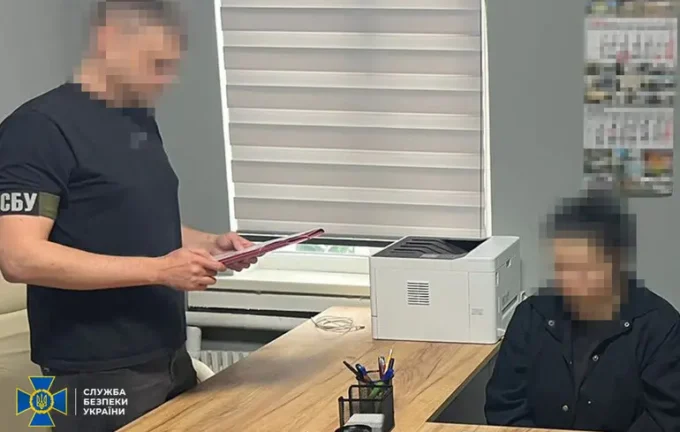Ukrainian Security Services Uncover and Arrest 14 Kremlin-Linked Internet Propagandists: Details of National Security Operations

The Security Service of Ukraine (SSU) announced the successful identification and detention of a group of fourteen online agitators operating across various regions of the country. These individuals openly promoted and coordinated malicious activities on behalf of Kremlin interests. According to the official Telegram channel of the SSU, the suspects were working for the enemy, spreading pro-Russian messages, justifying Russia’s military aggression, and exposing sensitive Ukrainian military locations available publicly on the internet. Among the arrests was a 57-year-old resident of Donetsk, previously convicted for criminal offenses, who actively propagated Kremlin propaganda. He disseminated false information about Ukraine’s defense forces and called on Ukrainians to lay down arms in front of Russian invaders. Similar operations targeted the Zakarpattia region, where three accomplices praised the annexation of Crimea and called for the region’s integration into Russia. In Rivne region, a 25-year-old Viber group administrator was detained for attempting to discredit Ukrainian defenders and leaking information about troop movements and bases, as well as including locations of mobile units of the Territorial Defense and police in the database. On Ternopil region, a local deserter who abandoned his military unit voluntarily and publicly denied the existence of the war was identified. Meanwhile, in the frontline areas of Donetsk region, five more pro-Russian accomplices were detained. They actively promoted their narratives on forbidden social networks such as "Odnoklassniki" and "VK", glorifying Vladimir Putin and demonstrating heroism of Russian troops. In Cherkasy region, the sabotage activities of a Telegram channel administrator who posted data regarding the locations of Ukraine’s Defense Forces in Uman and other areas—including coordinates of mobilization points—were blocked. On Poltava region, two women running a closed Viber group were detained for daily broadcasting information about Ukrainian military and law enforcement bases. Based on these incidents, investigators from the SSU have filed charges under several articles of Ukraine’s Criminal Code, including interference with the lawful activities of the armed forces during wartime, public incitement to violent change or overthrow of the constitutional order, and justifying aggression. The suspects face up to eight years in prison with confiscation of property. Additionally, in Khmelnytskyi region, an FSB agent was detained for preparing explosive devices for terrorist attacks and relaying coordinates of Ukrainian military targets for Russian airstrikes. This 59-year-old woman was recruited via Telegram and monitored the locations of Ukrainian military installations, passing this intelligence to Moscow. These criminal cases illustrate the extensive information and cyber warfare carried out by Russia against Ukraine, emphasizing the importance of strengthening security and counterintelligence measures in the country.

